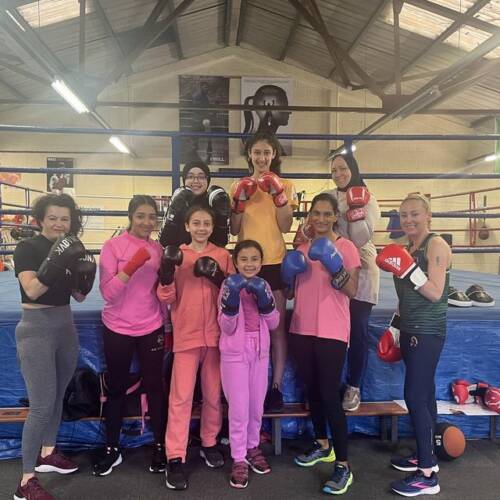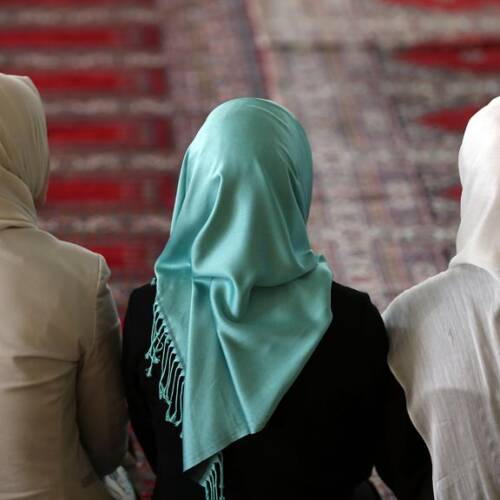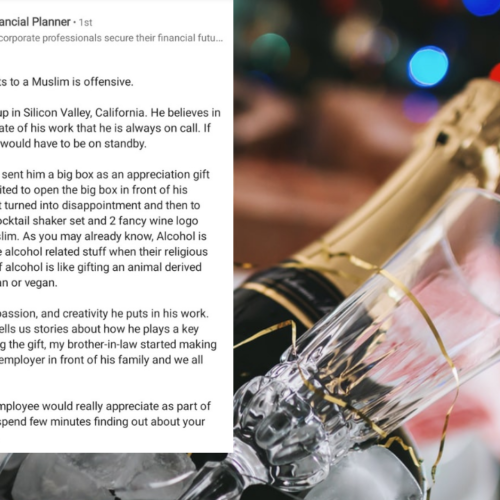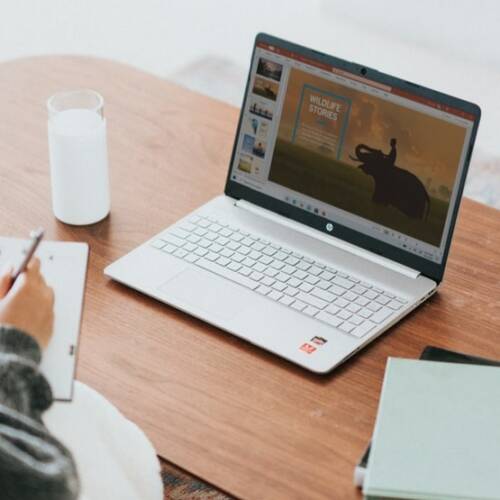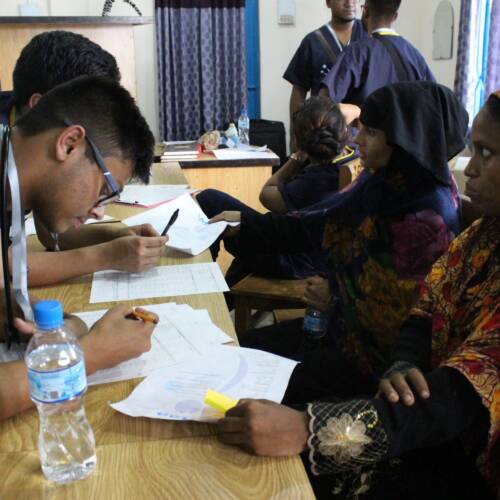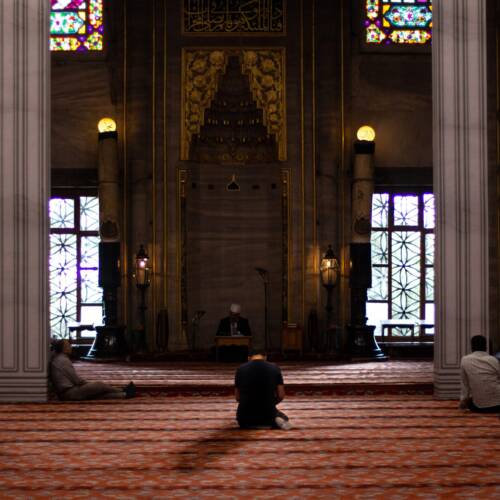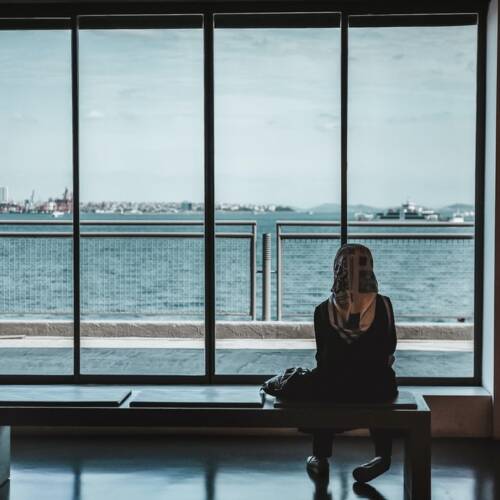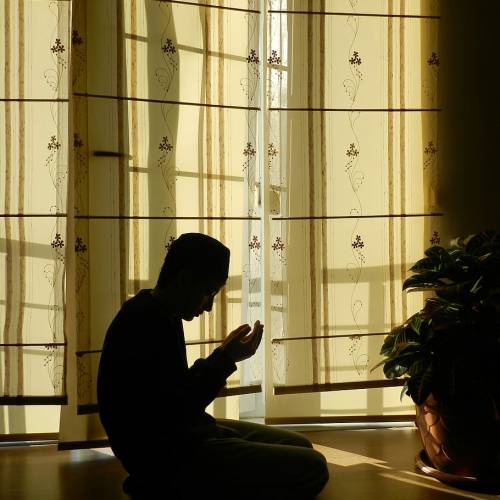
The Reopening of Mosques is an Opportunity to Realise Women’s Inclusion
14 Aug 2020Since the easing of the coronavirus restrictions back in June, we have seen mosques and other places of worship gradually reopen across the country. Like other public spaces, the reopening of mosques was conditional on implementing social distancing measures. By most accounts, mosques have been successful in reopening safely and the first Friday prayers since lockdown went without incident.
Achieving social distancing, however, came at the cost of space. Many mosques in the UK are relatively small already and some disappointingly opted to use or close women’s prayer spaces. While some of the smallest mosques may have taken these steps for unavoidable practical reasons, others would argue that customarily, only men are obligated to attend prayer in mosques and that attendance for women is optional.
These days, women’s access to mosques should not be up for question, and their inclusion in mosques shouldn’t be decided by only men. In fact, while places of worship are reopening and as social distancing measures begin to ease, mosque management committees should be encouraged to use this time as an opportunity to figure out how to better utilise or create more women’s spaces. They should also proactively appoint women and canvass their views in decision-making. By closing women’s spaces or excluding them, we are also missing out on an opportunity to include women at a time of healing and learning.
Under lockdown, many homes became prayer spaces
There is no denying that the closure of mosques during the pandemic had a massive impact on Muslims across the world. For many, mosques are not only a space for prayer but also a social place that brings a community together. To be separated from the community, especially over the course of Ramadan and Eid, has hit all of us hard. Surely, men can now sympathise with the women, who have all too often been excluded from prayer spaces.
During this lockdown, families built models of mosques in their homes so they can pray together. Many families managed to turn daily prayers into a communal affair. So as more mosques around the country reopen, singling out prayer spaces for men only risks excluding women from the wider sense of our communities reuniting. The lockdown has been difficult for all of us, and there is no sense in penalising women (again) by excluding them at a time when our communities are able to meet one-another in mosques and community centres once-more, albeit while still following social distancing rules.
In fact, the thought of excluding women from prayer spaces should be a source of distress for men, as the closure of mosques has meant that we have now experienced what has been the norm for most Muslim women. For all the positives of performing prayers at home with spouses and children, many still missed the communal hustle and bustle of going to the mosque. How can we now accept the exclusion of women from these same spaces that we have longed to be reunited with during the lockdown?
We are slowly starting to see more efforts from mosque leaders to include women in religious spaces, breaking down old barriers to leadership and worship. But there is a long way to go yet!
An opportunity to heal
For mosque leaders in the UK, the gradual easing of the lockdown and, God-willing, its eventual end, should be an opportunity to better welcome Muslim women in prayer spaces. This way, all members of our communities can find the healing that we all need.
This view is shared by a growing number of Muslim faith leaders in the UK, including MINAB Chair, Imam Qari Asim who will be attending an online seminar on the very issue on Friday evening alongside a number of Muslim women leaders: Julie Siddiqi, Ahsen Usta, Sahira Dar and Saidat Oketunde.






